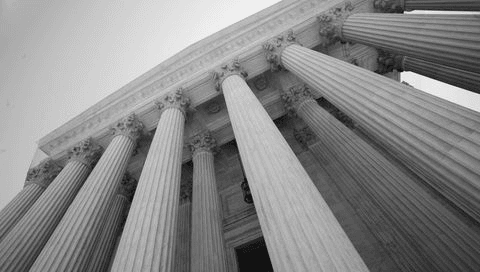Although Judge Wu found defendants’ characterization of Planet Blue’s patents to be overbroad—expressly stating that the “claims do not seem directed to an abstract idea. They are tangible, each covering an approach to automated threedimensional computer animation, which is a specific technological process”—he found the claims invalid under Section 101 anyway. In doing so, Judge Wu stressed that claims must be evaluated in view of the prior art. Here, the discussion of the prior art in Planet Blue’s patents revealed that many of the “tangible” aspects of the claimed invention were already known. When these conventional elements are removed from the claims, what remains is “an abstract idea at the point of novelty,” which the court found impermissible. Judge Wu observed that “[a]n abstract idea is the extreme case of functional language.” The fact that one of the defendants had characterized Planet Blue’s system as “revolutionary” did not change the abstract idea analysis, as “the revolutionary nature of an abstract idea does not weigh in favor of patentability.”
This decision is noteworthy because of the court’s reliance on the admitted prior art to invalidate the patents under Section 101 may discourage patent applicants from discussing the prior art at all. That is in tension with the spirit of full disclosure in patent applications, embodied for example in the PTO’s Manual of Patent Examining Procedure: “Where applicable, the problems involved in the prior art or other information disclosed which are solved by the applicant’s invention should be indicated.” Judge Wu’s opinion flags this new “incentive for patent applicants to say as little as possible about the prior art.”
McRO, Inc. v. Activision Blizzard, Inc., No. 14cv336GW(FFMx), 2014 WL 4759953 (C.D. Cal. Sept. 22, 2014) (Judge George H. Wu).




